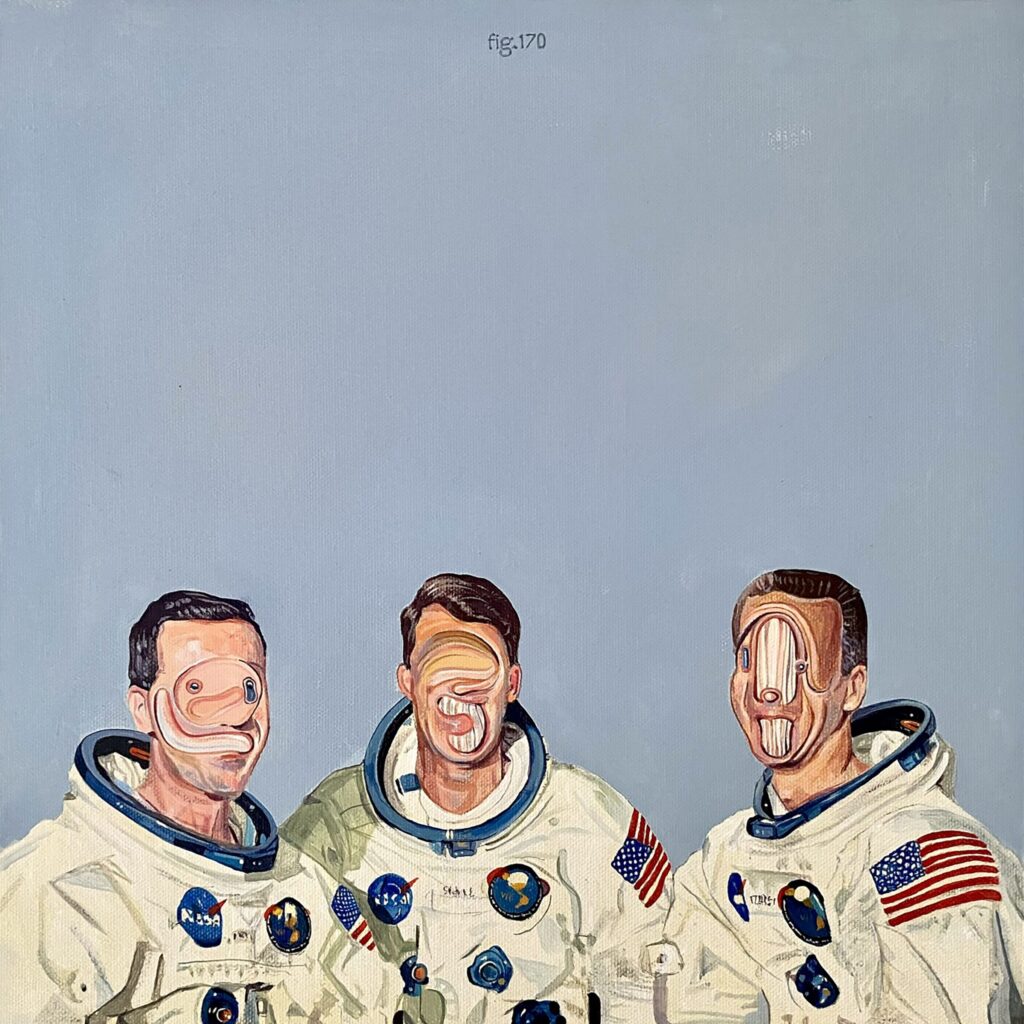
Introduction
Jorge Rodríguez has become a significant figure in Venezuelan politics, serving as both the president of the National Assembly and a key advisor to President Nicolás Maduro. His role is central in the context of Venezuela’s ongoing political crisis, where various factions vie for power amid economic turmoil and social unrest. Understanding Rodríguez’s influence and actions can provide insight into the future of Venezuelan governance and international relations.
Political Background
Born on October 18, 1965, Jorge Rodríguez has been involved in Venezuela’s political landscape for decades. His political career began in the late 1990s, and he quickly rose through the ranks of the United Socialist Party of Venezuela (PSUV). In addition to his legislative duties, Rodríguez is a psychiatrist by training, which provides a unique perspective on national issues. He has often been a vocal proponent of the Maduro administration and has taken part in crucial negotiations with opposition leaders.
Recent Events and Actions
In recent weeks, Jorge Rodríguez has been at the forefront of key political negotiations aimed at stabilizing Venezuela’s economy and potentially easing tensions with international actors. Notably, he has spearheaded talks with opposition groups aimed at creating a more cohesive governance structure. The government has also been under international scrutiny, and Rodríguez’s role often involves countering accusations from foreign entities regarding human rights violations and the deteriorating socio-economic situation.
In September 2023, Rodríguez announced a series of reforms intended to address the dire economic situation marked by hyperinflation and shortages of basic goods. He emphasized the government’s commitment to diversifying the economy away from oil dependence and increasing investment in other sectors, such as tourism and technology.
Reaction from the Opposition
Opposition leaders have responded cautiously to Rodríguez’s overtures, skeptical about the sincerity of the government’s proposals. However, some have acknowledged that dialogue is essential for bringing about change. The political landscape remains complex, and Rodríguez’s ability to navigate these waters is crucial for any potential agreements moving forward.
Conclusion
Jorge Rodríguez’s role in Venezuelan politics is pivotal as the nation faces significant challenges. His actions and decisions could greatly influence the outcome of the ongoing political crisis. With economic reforms in the pipeline and attempts at negotiation, the future path of Venezuela remains uncertain. Observers expect that Rodríguez will continue to play a crucial role in efforts to bring about political stability and economic recovery. His influence, therefore, extends beyond Venezuela’s borders, impacting regional dynamics and international relations.



